Calories in Cereals ready-to-eat, QUAKER, Low Fat 100% Natural Granola with Raisins
547 calories
Serving Size 0 cup (1 NLEA serving) (about 138 g)
There is no photo available for this food item however it should be similar in terms of nutritional content and calorie density as the following items. You can use these for references.
(99% similar)
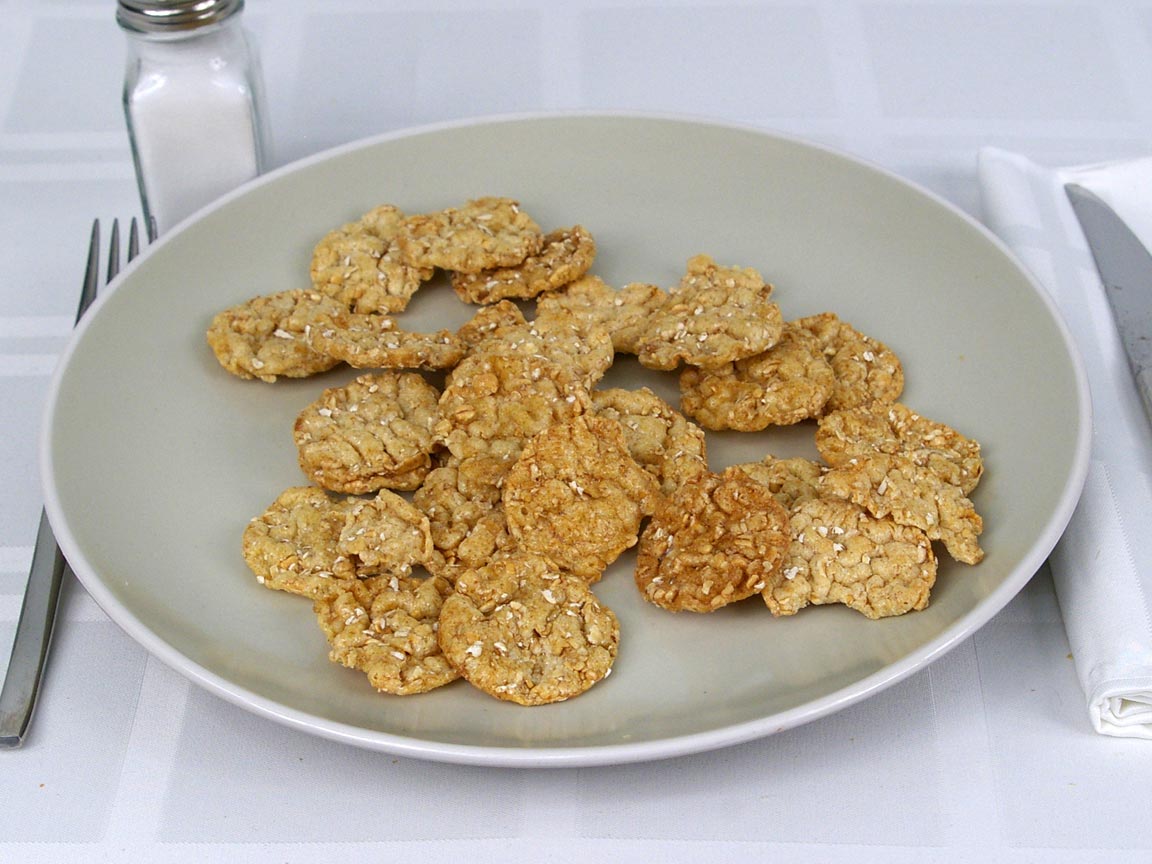
Popped Sweet Oat Crisps
(98% similar)
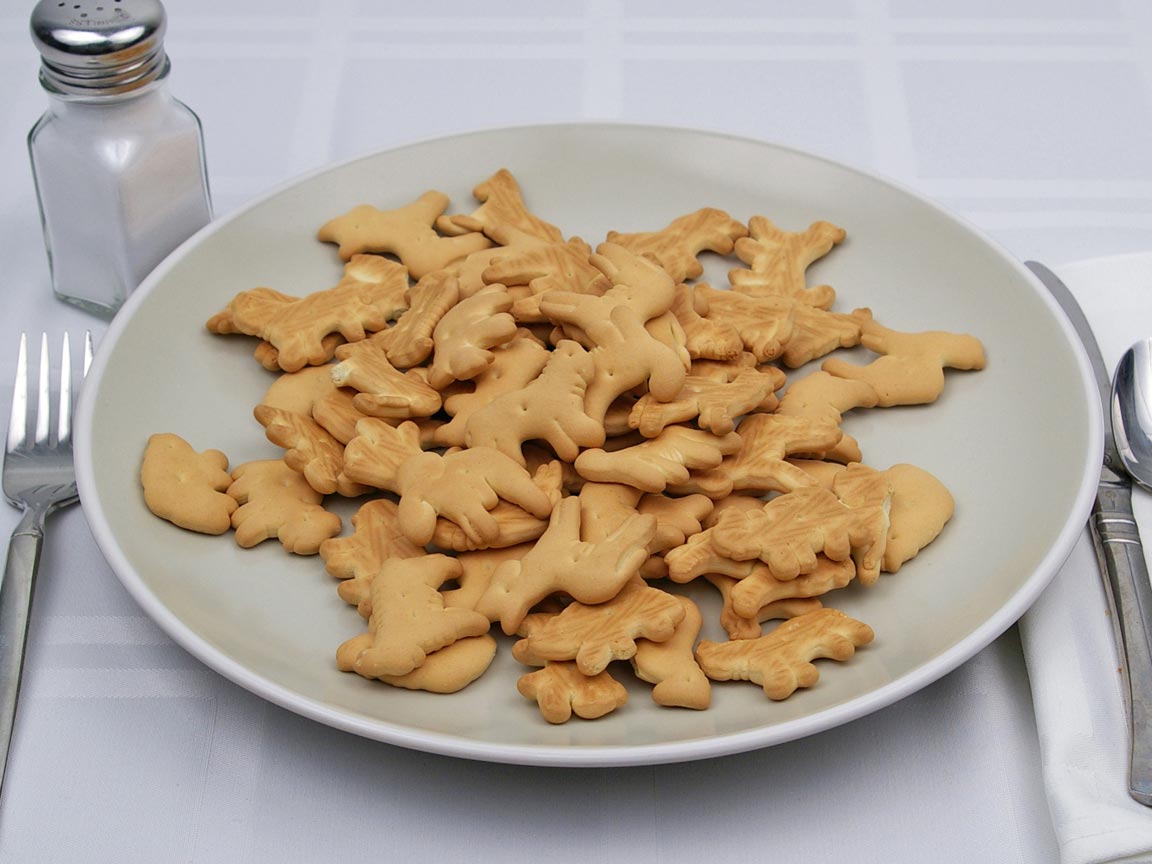
Animal Crackers Cookie
(98% similar)
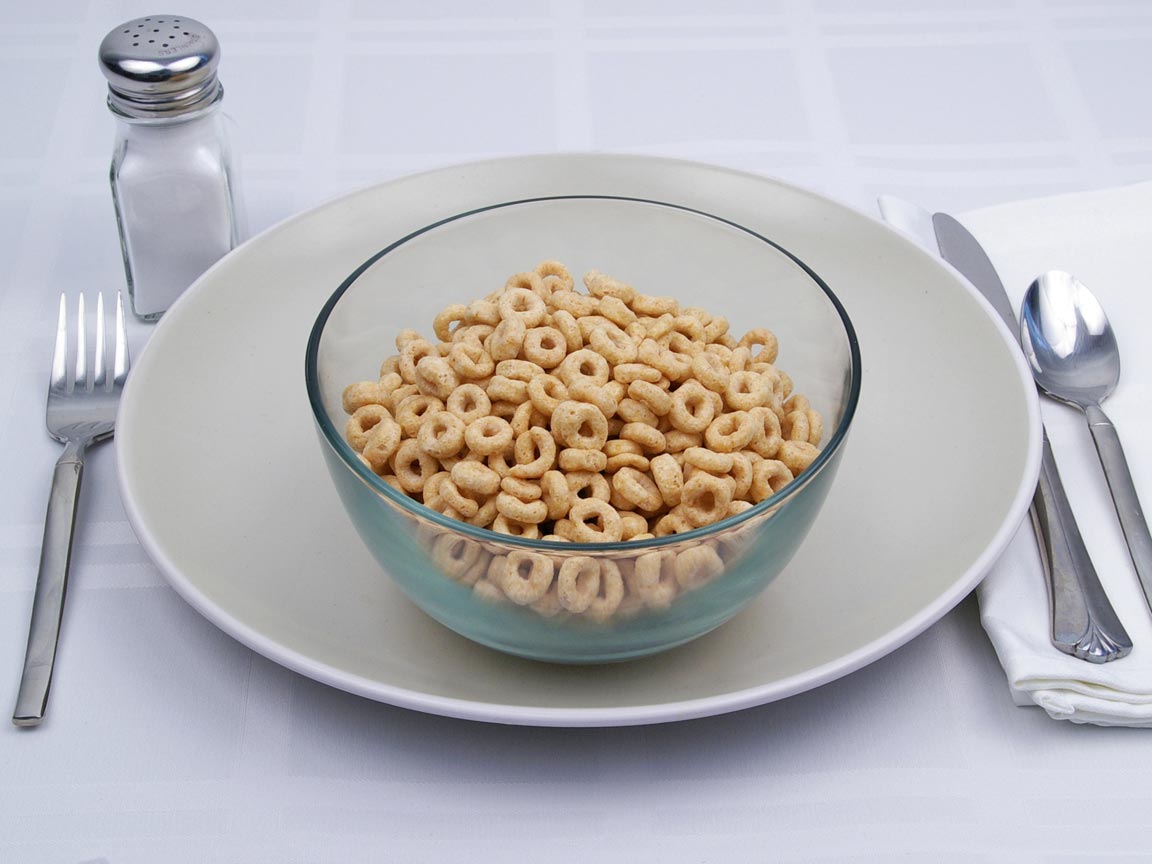
Cheerios Cereal - Honey Nut
(98% similar)
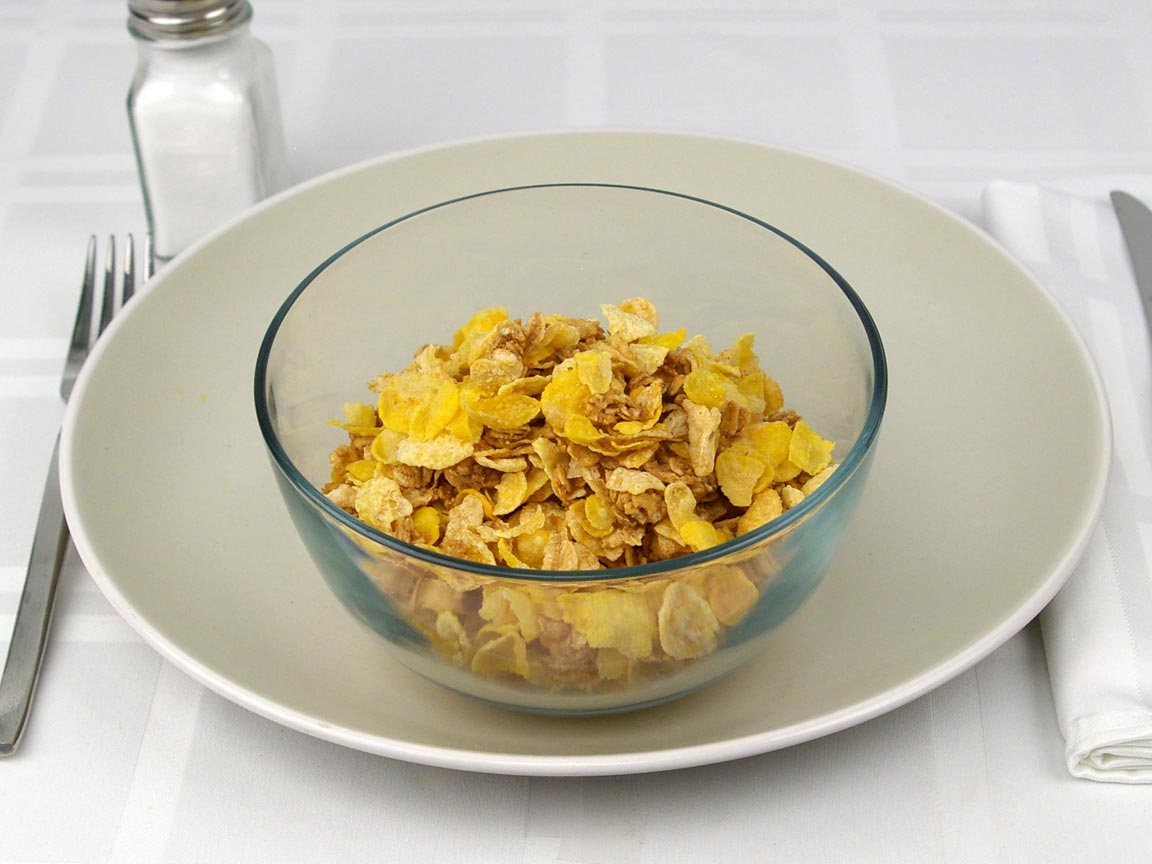
Honey Bunches of Oats Cereal
(98% similar)
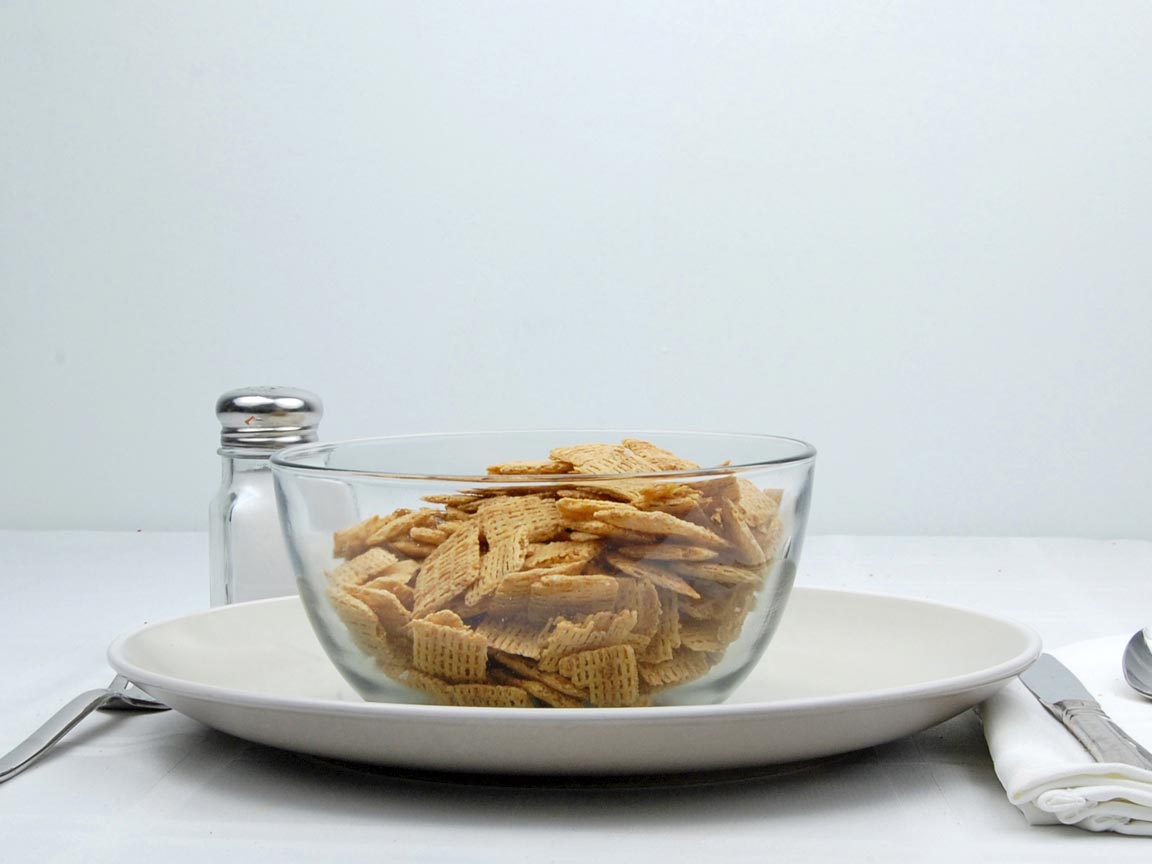
Cinnamon Life Cereal
(98% similar)
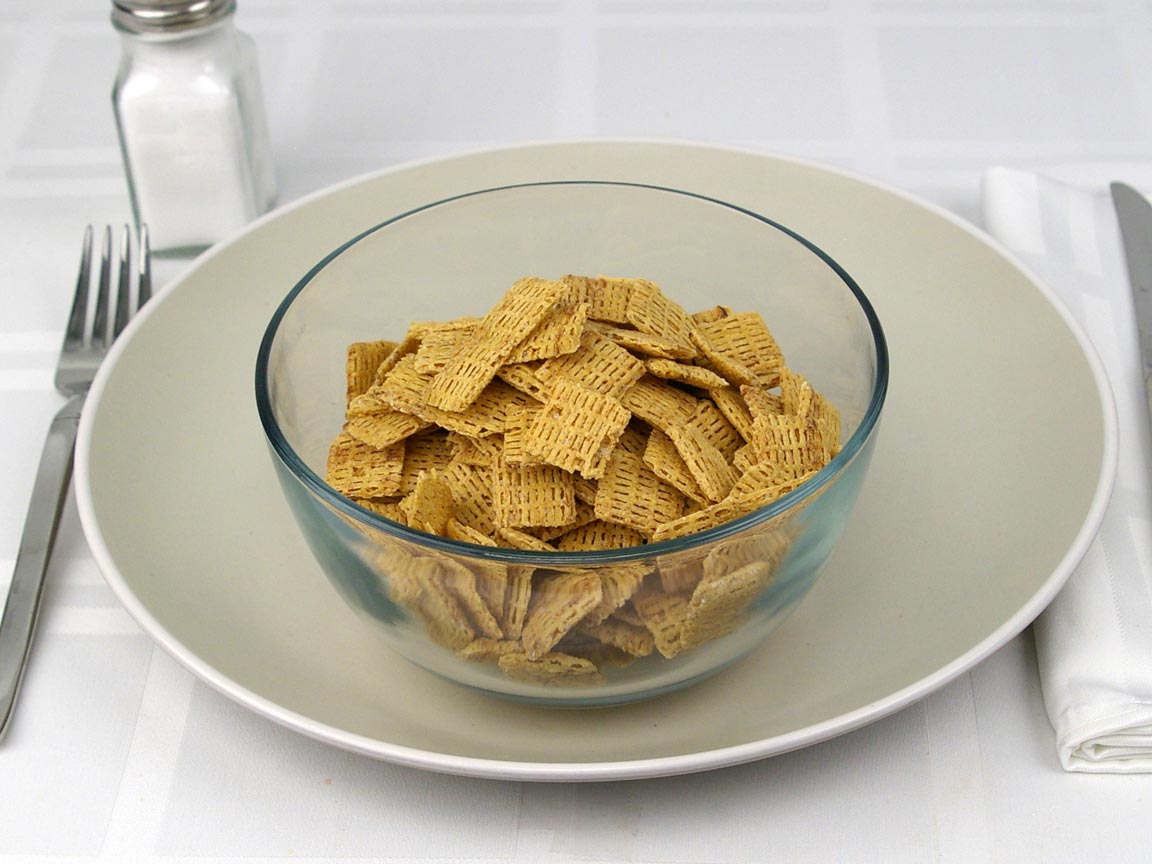
Life Cereal
Serving Size 0 cup (1 NLEA serving) (about 138 g)
| Amount Per Serving | ||
|---|---|---|
| Calories 547 | Calories from Fat 68 | |
| % Daily Value* | ||
|
Total Fat
7 |
11 |
|
|
Saturated Fat
1 |
5 |
|
|
Trans Fat
0 |
||
|
Cholesterol
1 |
0 |
|
|
Sodium
321 |
13 |
|
|
Total Carbohydrate
110 |
37 |
|
|
Dietary Fiber
13 |
52 |
|
|
Sugars
35 |
||
|
Protein
11 |
||
* Percent Daily Values are based on a 2,000 calorie diet. Your daily values may be higher or lower depending on your calorie needs.
Available portions
Food analysis
High In Fiber
High Sodium
High In Sugar
High Calorie Density
There is 547 calories in 138 grams of Cereals ready.
With 397 calories per 100 grams, this food would be considered a High calorie density food.
Be carefull, High calorie density food tends to add up calories quickly and you should be carefull with your portion size if you are trying to lose weight.
Cereals ready is High in carbohydrates, Low in proteins and Medium in fats. You can look at the macronutrients graph below for a detailed ratio.
It has High quantity of fibers but also High quantity of sugars. It is recomended to consume less than 25 grams of sugars per day.
With 71 grams of "Net carbohydrates" per 100 grams,
it not safe to consume if you are following a Keto or Ketosis diet.
Related Searches
raisins
with
granola
natural
100%
fat
low
quaker
ready-to-eat
cereals
Macronutrients split
80.6% Carbohydrates
11.3% Fats
Nutrients and how much we eat of it play an important role on our health and body composition. To learn more on theses, check our blog posts on Proteins, Carbohydrates and Fats.